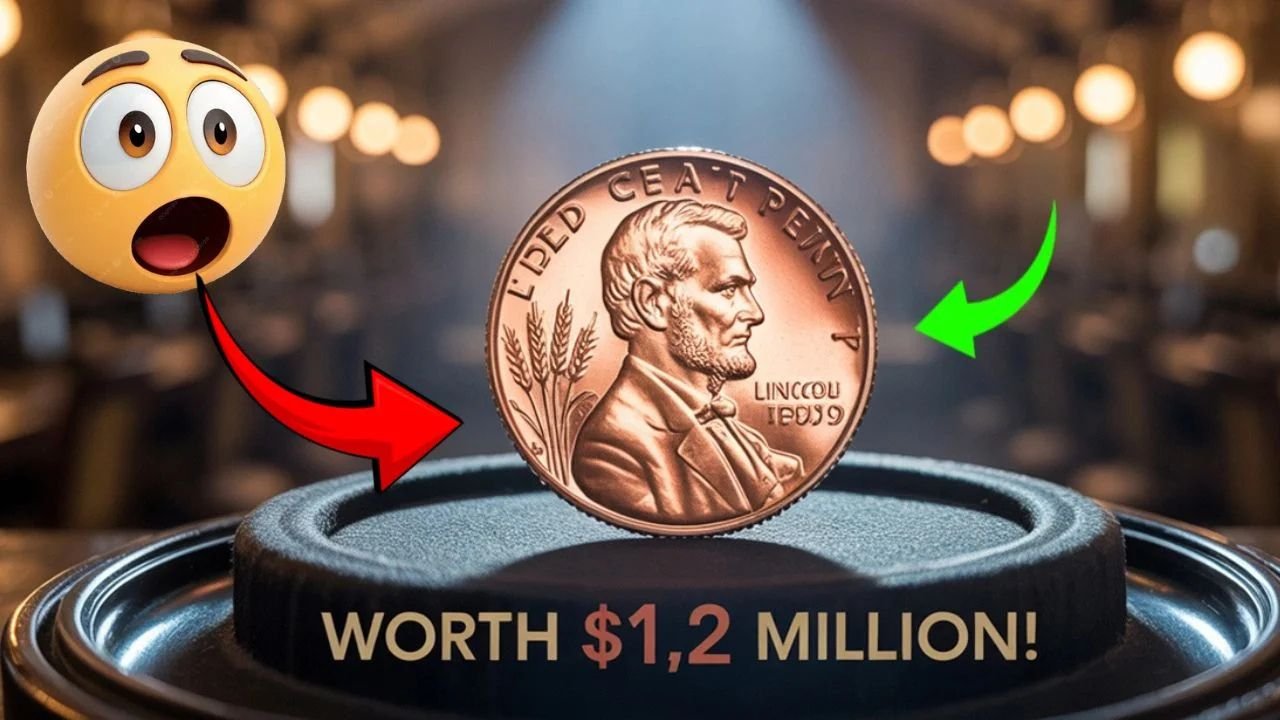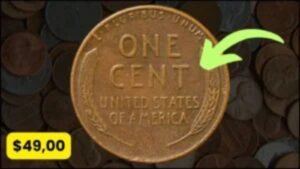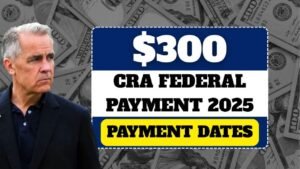Did you know that the penny in your pocket could be worth more than a luxury car or even a house? The Lincoln Wheat Penny, first minted in 1909, is one of the most famous coins in U.S. history. While most are only worth a cent, a few rare versions can be valued at over $1 million. Here’s what makes some pennies incredibly valuable and how you can tell if you’re holding a fortune in your hand.
The History of the Lincoln Wheat Penny
Introduced in 1909, the Wheat Penny was designed to honor President Abraham Lincoln on the coin’s obverse (front). The reverse featured two wheat stalks, symbolizing prosperity and growth. It was America’s first circulating coin to feature a real person, making it historically significant as well as collectible.
Why Some Pennies Are Worth a Fortune
Not all Wheat Pennies are valuable, but certain ones stand out due to:
- Rare mint years (such as 1909-S VDB and 1914-D)
- Minting errors like doubled lettering or wrong metal blanks
- Low production numbers that make them scarce
- Condition (a well-preserved coin can be worth far more)
Because of these factors, some pennies have sold for hundreds of thousands—or even millions—at auctions.
The Legendary 1943 Copper Penny
The most famous and valuable Wheat Penny is the 1943 copper penny. During World War II, the U.S. Mint switched from copper to zinc-coated steel to conserve copper for the war effort. However, a few copper blanks accidentally slipped through the presses.
- Only a few dozen genuine 1943 copper pennies exist today.
- One sold at auction for over $1.2 million.
- You can test yours with a magnet: steel pennies stick, copper ones do not.
Finding one in circulation is extremely rare, but stories of lucky discoveries continue to inspire treasure hunters.
How to Spot a Rare Lincoln Wheat Penny
If you want to check your pennies, focus on these details:
- Year — Certain dates are highly valuable (1909-S VDB, 1914-D, 1943 copper).
- Mint Mark — Look for “S” (San Francisco) or “D” (Denver) under the date.
- Condition — Crisp, sharp coins with minimal wear are worth more.
- Errors — Double dies or unusual metal compositions boost value.
Checking Your Pocket Change
Many collectors and even casual hobbyists have found rare pennies in jars, wallets, and inherited collections. While the chance of finding a million-dollar penny is slim, even more common Wheat Pennies can be worth far more than face value.
The Growing Popularity of Coin Collecting
Stories of million-dollar pennies have fueled a surge in interest in coin collecting. Known as numismatics, this hobby appeals to people of all ages because it combines:
- History – Coins carry stories of America’s past.
- Artistry – Classic designs make them mini works of art.
- Investment potential – Rare coins often increase in value over time.
Market Value of Lincoln Wheat Pennies
While not every Wheat Penny is a jackpot, many are still worth more than one cent. Values vary depending on rarity, year, and condition.
Table: Approximate Values of Rare Lincoln Wheat Pennies
| Year & Type | Estimated Value Range | Notes |
|---|---|---|
| 1909-S VDB | $700 – $1,500 | First year, rare San Francisco mint |
| 1914-D | $200 – $3,000 | Low mintage, highly collectible |
| 1943 Copper | $100,000 – $1.2 Million | Rare error, made of copper instead of steel |
| 1955 Double Die | $1,000 – $15,000 | Famous doubled lettering error |
Final Thoughts
The Lincoln Wheat Penny is more than just pocket change—it’s a piece of American history. While most are worth only a cent or two, rare versions like the 1943 copper penny can change someone’s life overnight. Before you spend that old penny, take a closer look—you just might be holding a fortune.
Frequently Asked Questions
Q: Are all Wheat Pennies valuable?
A: No. Most are worth only face value, but certain dates and minting errors are extremely valuable.
Q: How do I know if I have a rare 1943 copper penny?
A: Test it with a magnet. Steel pennies stick; copper ones do not. If it doesn’t stick, have it authenticated by a professional.
Q: Where can I sell a valuable penny?
A: Rare coins can be sold through coin dealers, professional collectors, or auction houses.
Q: Should I clean an old coin before selling it?
A: Never. Cleaning can reduce its value. Collectors prefer coins in their original state.




